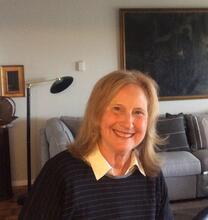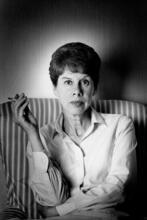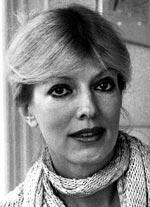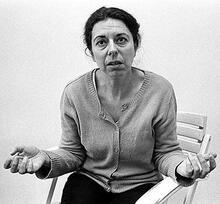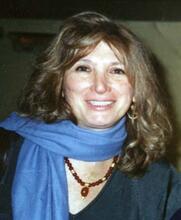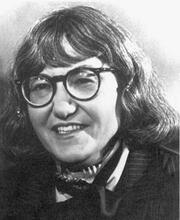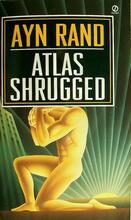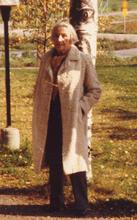Sophie Von Grotthuss
Born in Berlin, Sophie von Grotthuss grew up with a mother who resented her Judaism and caused von Grotthuss much unhappiness. After a miserable marriage at a young age, von Grotthuss remarried and wrote extensively in her later life. Only a few of her works, including a story and a play, have survived. Von Grotthuss corresponded with many notable writers and thinkers of the time.
Article
In her extensive unpublished correspondence with Wolfgang von Goethe, Sophie von Grotthuss (born Sara Meyer in Berlin) describes her difficult farewell to Judaism. Her mother, a woman possessed by an unnatural hatred of religion, “married [her] off at the age of fifteen to a wretched creature who for ten years made [her] life a hell.” As she frequently wrote, the marriage in 1778 to the merchant Lippman Wulf completely destroyed her. After Wulf’s death in 1788, she revived, traveled a great deal, particularly to the spas of Bohemia, where in 1795 she became acquainted with Goethe, with whom she corresponded until 1824.
In 1799 she married the Livonian Baron Ferdinand Dietrich von Grotthuss, who was soon impoverished and became postmaster in Oranienburg. In her later years she was a prolific author. In an unpublished letter to Goethe, dated August 14, 1824, she refers to a novel, a play, and several stories, which she was sending him for approval. Apart from the story, “Sophie ou la difference de l’Education,” two unpublished manuscripts, “Opinions of a German Woman, written in Dresden in the summer of 1814,” and a play, The German Governess, her works appear to have been lost.
According to Karl August Varnhagen, she spent the year and a half before her death preparing a number of letters from Ramler, Gedike, Zöllner, Biester, von Ligne, Madame de Staël, and others for publication, but these papers were later unfortunately burned. In a late letter to Rahel Varnhagen, which expanded into an essay on French and German literature, she wrote, “Even the most excellent men want women to taste things as if they were butterflies; the nourishment of beautiful, healthy fruits must remain theirs. When they reason with women, what is stated or asked should only reveal their own depth and thoroughness and thus confirm the contrast [between the sexes]. That’s why they don’t want the philosophy of women who think.”
Selected Works
Sophie von Grotthuss died in Oranienburg on December 11, 1828.
“Einundzwanzig Briefe von Marianne von Eybenberg, acht von Sara von Grotthuss, zwanzig von Varnhagen von Ense an Goethe.” In Goethe-Jahrbuch 14 (1893), 46–60.
Ein Brief von Frau von Grotthuis an Goethe. (Über Goethe’s Leben, Mendelssohn und Lessing.) Aus dem Riemerschen Nachlaß. Europa. Chronik der gebildeten Welt 27 (1850): 209–211.
Hahn, Barbara, ed. Sophie von Grotthuss. Briefwechsel mit Goethe, Erzählungen und Essays. Würzburg: 1994.
Bosold, Birgit and Barbara Hahn, eds. “Briefwechsel mit Rahel Levin Varnhagen.” In Edition Rahel Levin Varnhagen Abt. B/Bd. II. München: 1997.
Anderson, Donovan. "Franco-German Conversations: Rahel Levin and Sophie Von Grotthuß in Dialogue with Germaine De Staël." German Studies Review 29, no. 3 (2006): 559-77.
Hahn, Barbara. Unter falschem Namen. Von der schwierigen Autorschaft der Frauen. Frankfurt a. M.: 1991.
Hahn, Barbara. The Jewess Pallas Athena: This Too a Theory of Modernity. Translated by James McFarland. Princeton University Press, 2005.
Jüdische Frauen im 19. Und 20. Jahrhundret: Lexikon zu Leben und Werk. Edited by Jutta Dick and Marina Sassenberg. Rowohlt, Reinbek, 1993.
Lewin, Judith. "Transgressive Mobility, Gender and Jewish Patronage: The Case of Ludwig Robert's Die Tochter Jephthas." Jewish Culture and History 10, no. 1 (2008): 59-86.

